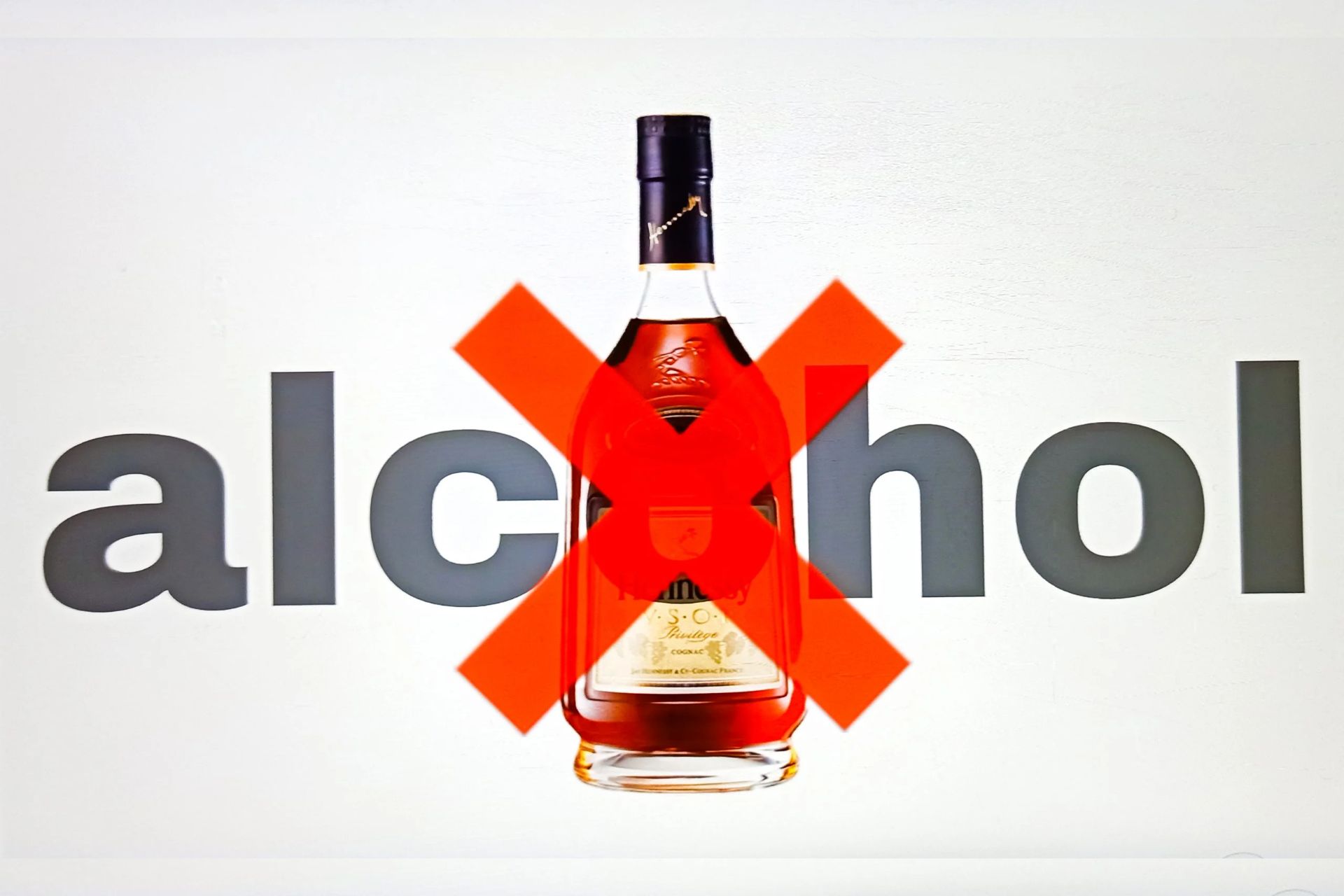With individuals as young as 25-45 losing their lives to alcohol-induced liver-related issues, experts advise them to abstain from liquor.

Consumption of alcohol, even in small quantities, is injurious to health, say experts. (Creative Commons)
Twenty-two days after news headlines screamed of a record single-day sale of liquor in Kerala, an Ernakulam-based hepatologist made a tweet out of sheer desperation.
Dr Cyriac Abby Philips’s tweet reflected the high consumption of liquor among youngsters. “The sheer number of death certificates I am issuing for men with alcohol cirrhosis between the ages of 25 and 35 is burning me out,” the doctor, attached to the Liver Institute, Centre of Excellence in GI Sciences, Rajagiri Hospital, said.
Dr Philips, who uses the handle TheLiverDoc on Twitter, apparently has found the reason for more young men hitting the bottle.
“If we could find answers at the bottom of a bottle, life would have been so easy,” he added philosophically.
The Kerala doctor is not alone in warning youngsters about the wages of heavy drinking. Several others, too, have taken to social media, highlighting the higher alcohol-related death rates.
The sheer number of death certificates I am issuing for men with alcohol-cirrhosis between ages 25 to 35 is burning me out.
If we could find answers at the bottom of a bottle, life would have been so easy.
These men have been stigmatized with no real help and I am burdened.
— TheLiverDoc (@theliverdr) January 24, 2023
Why more youngsters are dying of alcohol-related liver issues?
Speaking to South First, Dr Kaiser Raja, a consultant in liver diseases at Aster Hospital in Bengaluru, explained that the consumption of alcohol affects the liver in three ways.
“First, it is the alcoholic fatty liver disease. It is benign and could be taken care of, and quite often, it’s asymptomatic,” he said.
The second is alcoholic hepatitis (inflammation of the liver), which occurs even after a binge-drinking session.
“These days, several youngsters believe it to be okay to drink on weekend holidays or on special days, and they consume more than six to eight units of alcohol in a single session,” Dr Raja explained.
“They even drink one full bottle, which can lead to alcoholic hepatitis. This is a very severe condition,” he said.
The doctor said there is an increase in patients with alcoholic hepatitis, some as young as 25.
“These are people who have not consumed alcohol for several years. They may have started recently, like six months or one or two years ago. But they have so much alcohol in their body that it acts like a direct toxin to the liver. This leads to toxic liver injury,” he said.
Dr Raja termed it a severe condition, which could even lead to acute hepatitis. “If the patient has jaundice, water in the leg, the person could become unconscious, suffer multiorgan failure and 50-60 percent of them die in three months,” he said.
Liver experts said that those who begin to drink at the age of 19-20 years over the next 10 or 15 years may have acute liver cirrhosis. This condition is irreversible and liver transplantation is the only solution.
“Cirrhosis occurs when there is a chronic injury to the liver. Its onset may be slow — like eight to 10 years. But once a person develops this condition, there is no alternative other than liver transplantation,” Dr Raja said.
Stressing that 50-60 percent of youngsters die within three to six months after they are diagnosed with alcoholic hepatitis, Dr Raja said that if the condition is identified early, treatment helps in some cases.
“With early diagnosis, good treatment and abstaining from alcohol consumption can help in some cases and they recover,” he added.
However, once they reach the cirrhosis stage and continue to drink, they might end up with both cirrhosis and alcoholic hepatitis liver. “This is even more dangerous,” he warned.
Several people on Twitter responded to the Liverdoc’s tweet and expressed their concern over “normalising” the consumption of alcohol in schools and colleges.
Raghav Agarwal tweeted: “Drinking alcohol has been normalised for any kind of socialisation as well in parties, even gatherings with colleagues, friends. Hanging out has become synonymous with going to pubs, folks who don’t drink are left out,”
Drinking alcohol has been normalised for any kind of socialisation as well in parties, even gatherings with colleagues, and friends.
Hanging out has become synonymous with going to pubs, folks who don’t drink are left out. https://t.co/HTRizfQuzk
— Raghav Agrawal @impactology@spore.social (@impactology) January 24, 2023
Another user, Poorvi Kundwani, responded: “Also disheartened by the increasing culture of alcohol consumption in undergrad, grad schools & IT.
Normalising it; Seniors introducing it to their juniors.
Bonding over booze has apparently become the only way to socialize,”
Also disheartened by the increasing culture of alcohol consumption in undergrad, grad schools & IT.
Normalising it; Seniors introducing it to their juniors.
Bonding over booze has apparently become the only way to socialize. https://t.co/8CmfnNb3cg
— Poorvi Kundwani (@PoorviKundwani) January 24, 2023
Several myths surround alcohol consumption, ranging from quantity to liquor.
Dr Raja insisted that any amount of alcohol is injurious to the liver. He clarified that many people believe that Indian liquor is bad and expensive and foreign-made ones are safe. “It’s a myth. Any alcohol, wine, beer, whiskey … it doesn’t matter,” he added.
Responding to a query on having a drink after meals, the doctor said: “Food intake before alcohol use slows down absorption. But it doesn’t guarantee a lesser liver injury as it depends on a lot of other risk factors. Moderation is not an ideal answer to prevent the ill effects of alcohol. Abstinence is,” he said.

Jul 26, 2024

Jul 26, 2024

Jul 26, 2024

Jul 26, 2024

Jul 26, 2024

Jul 25, 2024